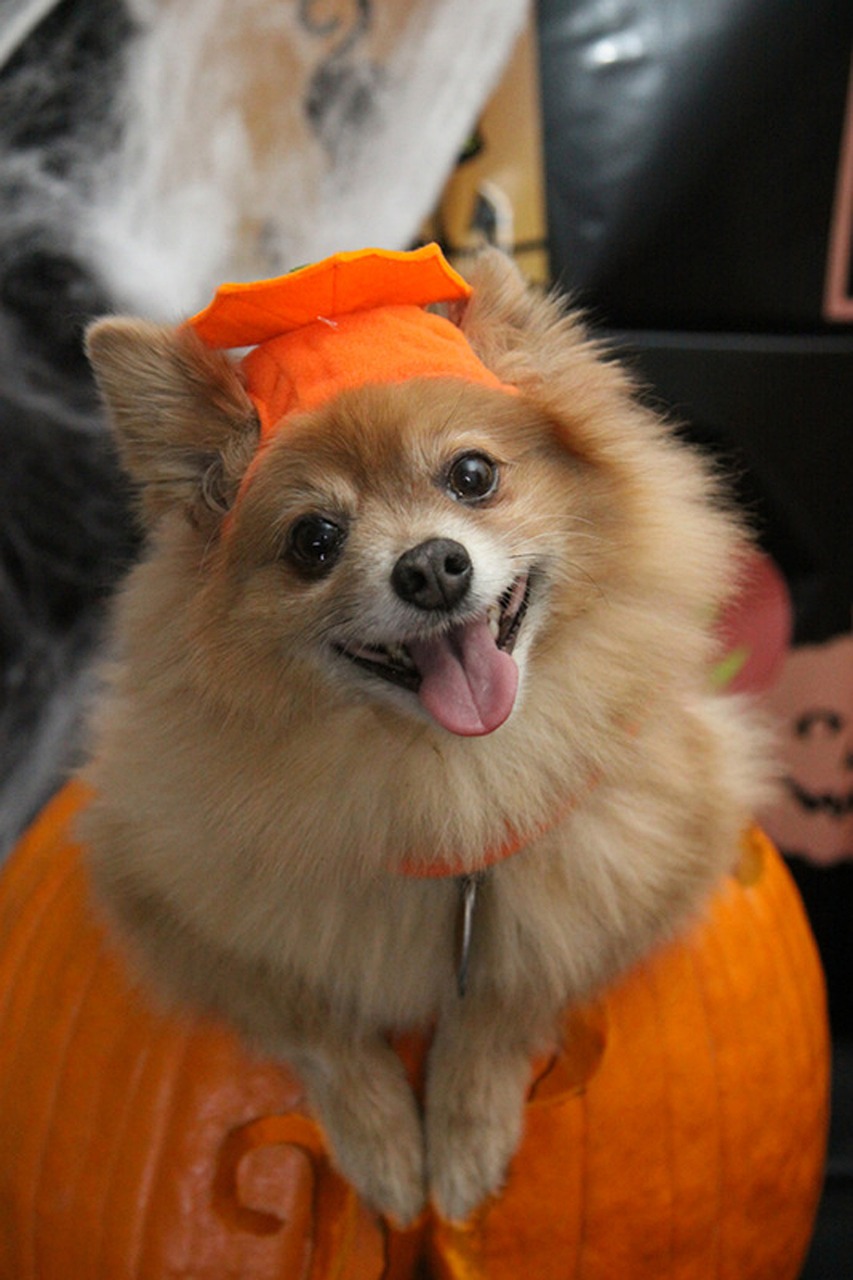Caring For Your Older Dog
Once your dog becomes older it is time to take some preventative steps in order for them remain healthy, happy, active, and to be able to enjoy as many years as possible. Have your vet examine your pet annually or more often, if necessary.
As in humans, keep your dogs weight within the proper or optimum range. Extra weight can do damage to joints and also cause more stress on vital organs. An overweight dog has far more health problems such as joint problems, arthritis, diabetes and liver or kidney malfunctions. Cut down on the amount of treats given to your older pet. It is sometimes hard to resist those eyes but always remember that it is for their own good. Feed your pet once a day or smaller amounts twice a day but remove the food if there is any left. If you have children, explain to them why they should not sneak food to the family pet especially table scraps.
As with dogs of any age, make sure there is always fresh, cool water available at all times. Some older dogs have problems getting to the water bowl so make the water easy for them to access. You can bring the water to them or place bowls of water in several different places so they do not have to go far for a drink.
If possible take your dog for a short walk daily. This helps the dog’s blood circulation and provides some new sights and smells to stimulate their minds and senses. Walking them or spending time with them gives you quality time to spend with your pet. They may be a bit older but still are very curious.
You may need to switch from dry food to a semi-moist or canned food as your dog ages. His teeth may not be able to handle the hardness of dry kibbles. Freeze dried can be a good option because it is very soft for them to eat and provides the essential nutrition still required. Looking after your older dog and taking him to the vet regularly helps keep your dog healthy and happy longer and allows you to enjoy as much time as possible with your best friend.

